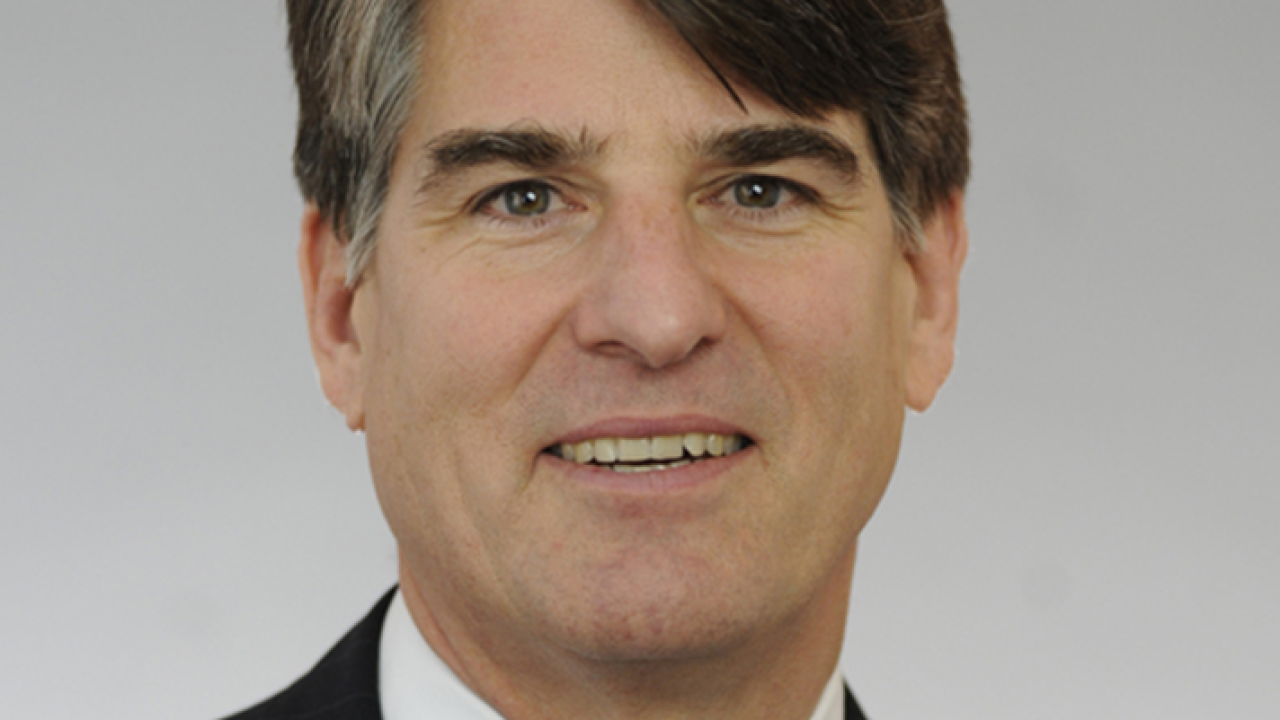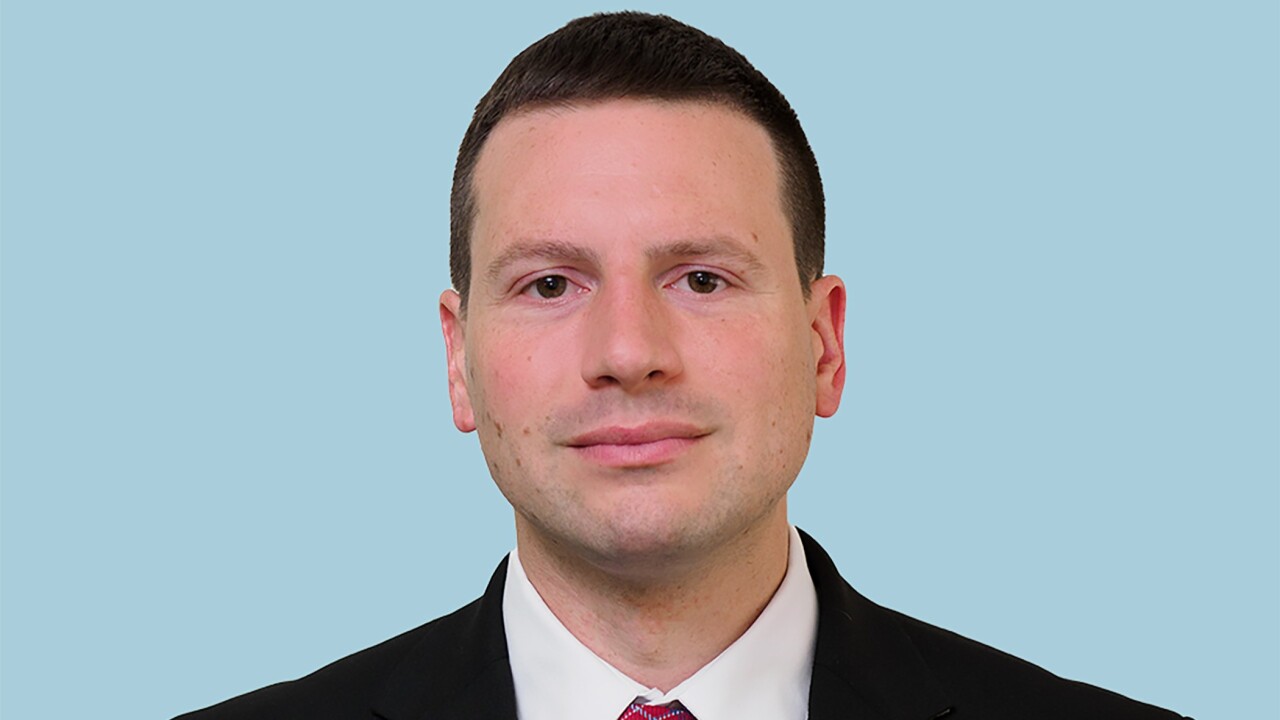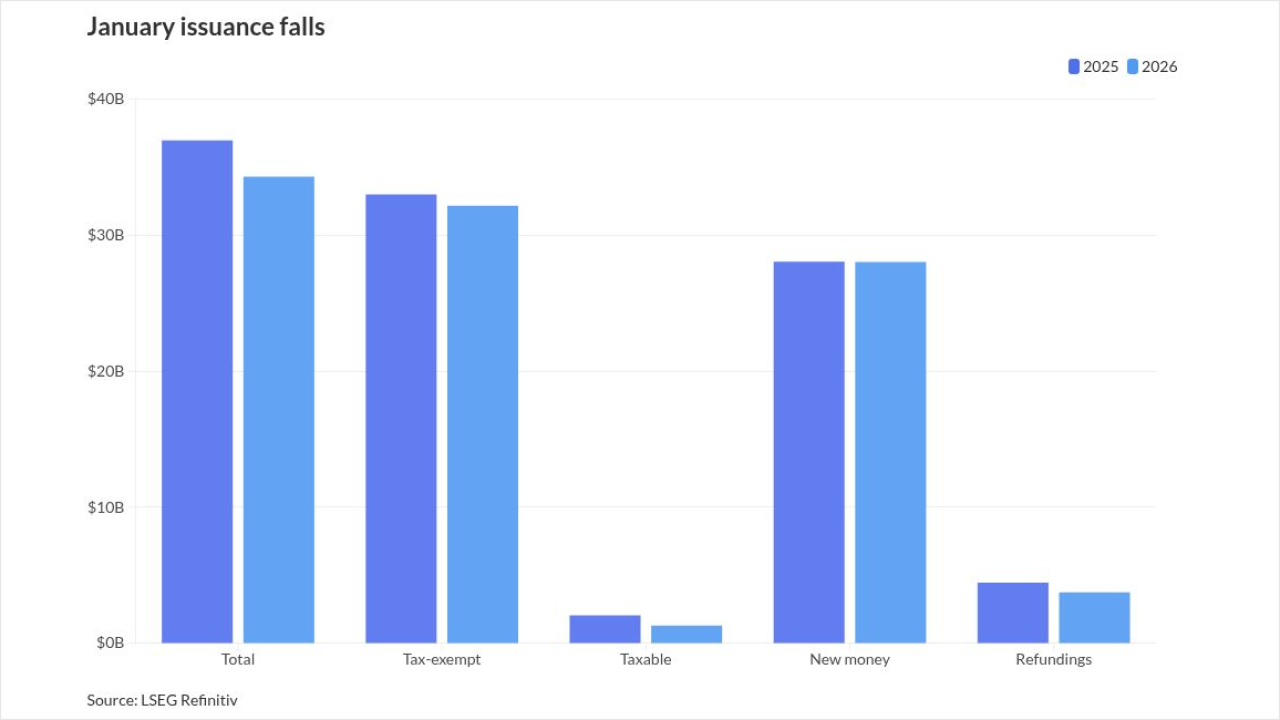CHICAGO — Missouri lawmakers pushing for a new bond program for state building projects are banking on favorable interest rates, the state’s triple-A rating, low debt levels, and the need for jobs to help sway conservative skeptics to support sending voters a debt package.
On the Senate side, Republican Kurt Schaefer, chairman of the chamber’s Appropriations Committee, introduced a measure earlier this month that would provide for a fifth state-building bond program of up to $950 million.
Republican House Speaker Tim Jones on Wednesday charged a special bipartisan committee led by Democratic Rep. Chris Kelly from Columbia to come up with a bonding package that could address state building needs.
Jones said he wants the House committee to come up with a plan to finance construction at college campuses, repairs at state mental health institutions and office buildings, and help address transportation needs.
“We have a desperate need to improve aging infrastructure,” he said at a news conference.
Backers hope to drum up support by stressing the affordability of new debt, especially given the state’s retirement of earlier bonds. “The timing couldn’t be better because interest rates are so low and we have contractors hungry for work,” Kelly said. “Because we have retired the third state building bonds our triple-A rating wouldn’t be impacted.”
No tax hike would be needed to fund new general obligation borrowing for building projects, but a revenue source would need to be identified for any new transportation-related borrowing, Jones and Kelly said.
The hope, however, is to combine a transportation and state building package in one legislation package.
“I don’t think we can pass two separate proposals. We are going to try to fit all the pieces together as the committee meets,” Kelly said. Supporters want legislative approval for a package this year but are not sure on the timing of the required voter approval.
Various reports have suggested the state needs an additional $500 million to $1 billion in transportation funding annually. Sen. Mike Kehoe, R-Jefferson City, is expected to introduce a measure that would seek voter approval to raise the state sales tax to fund highway projects.
On Thursday, Missouri Highways and Transportation Commission chairman Rudy Farber during a transportation conference proposed imposing a one-cent sales and use tax. It could generate an estimated $7.9 billion over 10 years for transportation projects.
“The commission's proposal could go a long way toward creating jobs, making roads safer, reducing commuter congestion and stimulating economic activity for a more competitive Missouri,” Missouri Department of Transportation Director Kevin Keith said in a statement. Legislative and voter approval would be needed.
With momentum building for a new bond program, many believe Gov. Jay Nixon, a Democrat, will comment on the subject in his state of the state address next week.
Missouri has exhausted all of its GO bonding authorization for state building projects and has just about $100 million of remaining GO authorization remaining on its books for storm-water and water pollution control, according to Stacy Neal, director of accounting in the state’s office of administration. Voter approval is needed for GOs.
Missouri’s top ratings were affirmed last year when it refunded $164 million of GO debt and the state has not issued new-money debt since 2007.
Standard & Poor’s in its review cited as credit strengths the state’s strong reserves, moderate debt burden, and quick action to cut spending amid a sluggish recovery. Challenges include the potential for significant reductions in federal funding.
The state’s recovery lags that of the nation but the governor’s ability to cut spending in response to revenue shortfalls is a plus, Moody’s Investors Service said. State reserves also provide a strong liquidity cushion. Its reserve fund equals 7.5% of net general revenues. The state closed out the last fiscal year with a cash balance of $205 million.
The state has $4.4 billion of tax-supported debt but only 10% is backed by its full-faith-and-credit pledge. About 70% of state-related debt was issued through the Missouri Highways and Transportation Commission and is repaid with transportation revenue.
The highways commission also has exhausted it borrowing capacity. After a long absence, it returned to the ranks of frequent borrowers in 2000 to finance a five-year capital program for which the General Assembly approved $2 billion of new debt to support. Voters in 2004 then bolstered the commission’s borrowing capacity by ending the diversion of some road-related taxes to the general fund.
The commission exhausted that bonding capacity to fund a $2.2 billion, five-year capital program in 2009. The commission has leveraged its federal grants but has tapped that capacity under its high internal-coverage limits.
There has been little political will in Missouri to raise the gas tax, which has held at 17 cents per gallon since 1996, or to use tolls to fund construction.





